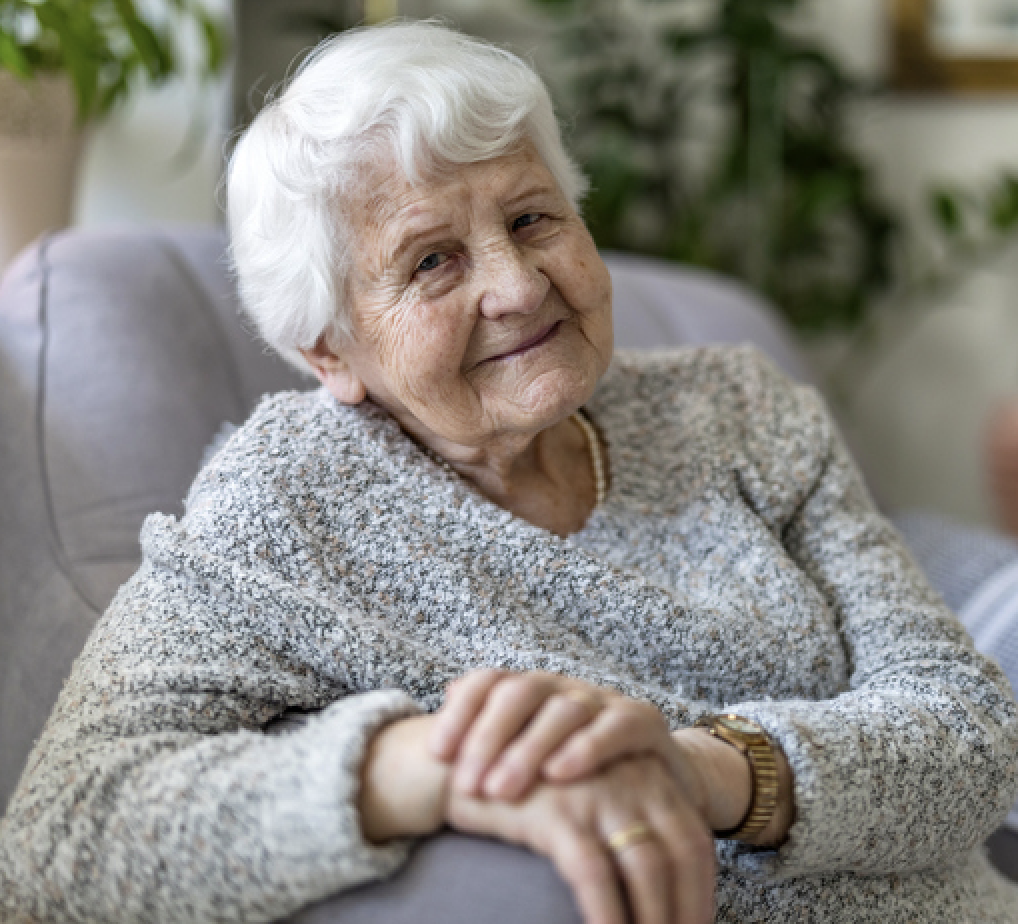Looking For Longevity: Advice From Experts And Ordinary People
October 15, 2025

While presumably we all hope for a long and healthy life, many of us fall short on both counts, and some of us live longer but not always healthier. In the US, the average life expectancy for men is about 75 years old, while for women, it’s about 80 years old. Why this 5+ years life span discrepancy between men and women? A new study published in Science Advances reports that such a discrepancy between males and females can be seen across species and locations around the globe, and it may have to do with the XX sex chromosomes of women, which may provide them with protection from harmful genetic mutations. But while chromosomes could be one reason for this longevity gap, there are other possible reasons, including evolutionary advantages women have developed over time, which may stem from responsibilities for caregiving and less engagement in risky behaviors, including smoking and drinking. It’s been proposed that men could make up some of this gap by focusing better on preventive care and taking on more roles associated with females. For more on this mystery, read here.
Putting aside chromosomes and evolution, real scientific questions remain about why some people live longer than most, and why some people live long and healthy lives, even well above age 100. Ken Stern, author of the recently published book “Healthy to 100,” argues that we can learn lessons from the lifestyles of other countries where longevity eclipses the US experience. Writing recently for CNBC, Stern notes that adults in Singapore, Japan, South Korea, Italy, and Spain all have long life expectancies, some with life expectancies a decade longer than the typical US life span. He attributes much of this international longevity to such healthy habits as living with purpose, spending time with other people (including those from different generations), being open to constantly learning, and rethinking retirement to include meaningful work but balanced with other life priorities.
But perhaps the best insights and advice can come from those who have crossed the 100-year-old threshold. Writing recently in The Washington Post, 101-year-old Si Liberman, a former journalist who still keeps one hand in the writing game and who’s been married for 76 years to his now 97-year-old wife, has a few tips to offer. While he has not led a perfectly healthy life (he’s battled cancer, a heart attack, a broken hip, and some hardships during the Depression and World War II), he has nonetheless persevered with a generally positive attitude. His strategy? Focus on your relationships, eat healthy and exercise (he still walks and swims), be proactive and attentive when it comes to medical care, find something meaningful to pursue, and of course, don’t smoke!
For another source of longevity insights, consider Maria Branyas Morera, who recently died at the age of 117 and was, at the time, officially considered the oldest person to have ever lived. Having resided in Spain almost all of her life (a longevity destination highlighted by Ken Stern), Maria participated in scientific studies and gave samples of her blood, urine, and stool, among other biological specimens, so that scientists could understand not only why she was able to live such a long life but why she remained so healthy and free from such chronic conditions as cancer, dementia and cardiac disease. An analysis of her biomarkers and genetics showed that she not only won “the genetic lottery,” but that her biological age was considered to be about 23 years younger than her chronological age. Her immune system and gut microbiome were considered especially strong and efficient, and during the last years of her life, she ate 3 plain yogurts daily and otherwise followed a light Mediterranean diet, along with walking, gardening, and socializing among her fellow residents at her assisted living facility. In summary, her longevity was exemplary, and her health habits were admirable. But do they translate into lessons for those of us who haven’t won the genetic lottery?
Many experts argue that while the life of Maria Branyas Morera is one worthy of study, it’s unclear how much information about her life can be generalizable or can help shine a light on the longevity path for others. For example, one expert posited in an article in The New York Times that there is solid evidence that education and income levels can lead to enormous differences in life expectancies. And, in fact, a brand new report from the National Council on Aging underscores this point. According to this new report, older adults who have fewer financial resources die, on average, much earlier than those who have the greatest wealth. The gap is estimated to be almost 9 years earlier, thus suggesting that “poverty steals almost a decade of older Americans’ lives,” and that this “class-based” longevity gap is getting worse. So, even if you’ve been lucky enough to win the genetic lottery, if you haven’t accumulated a pot of gold to see you through your later years, it may not matter how much yogurt you eat or fish you consume. To find out more, hold onto your piggy bank and click here.







